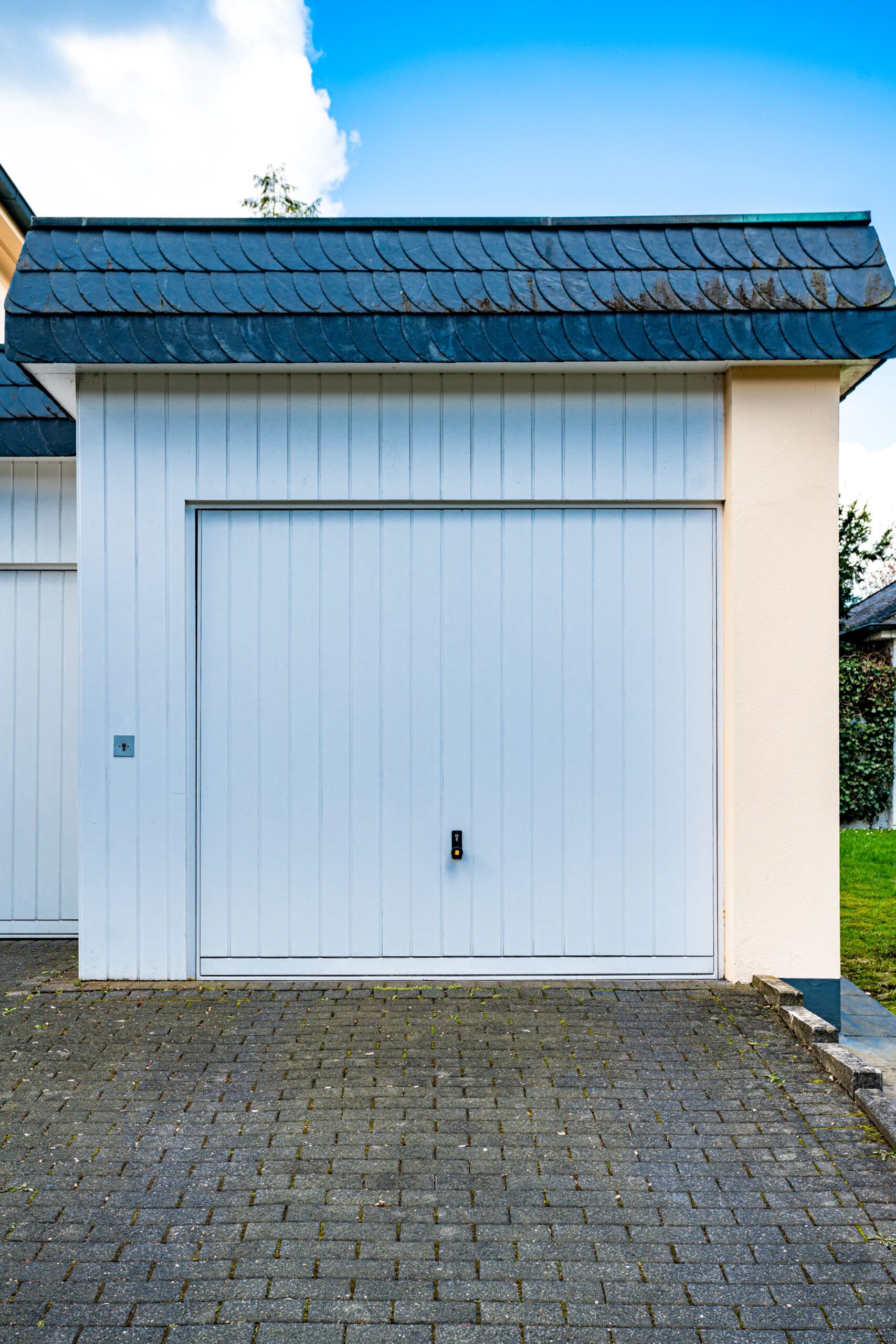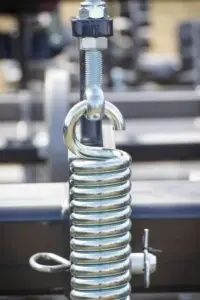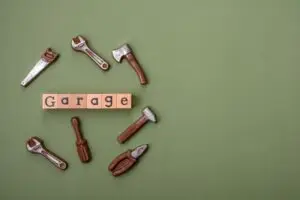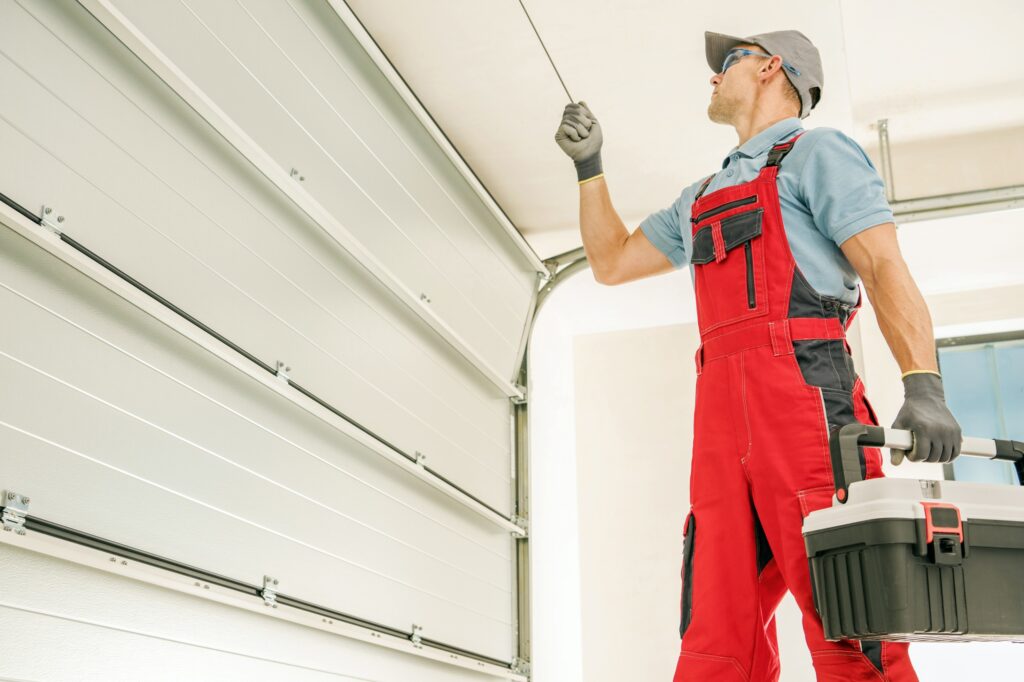Let’s face it—nothing ruins the calm of a cozy morning like the grind, rattle, and screech of an old garage door opener waking up the entire house. If your garage sounds more like a freight train than a driveway entry, it might be time to consider a smarter, quieter solution. That’s where garage door opener installation comes in—especially the kind that prioritizes peace and quiet.
Whether you’re upgrading from an older chain-drive unit or building a new home with serenity in mind, this guide will help you find the perfect low-noise opener installation for your lifestyle. Plus, if your existing system is showing signs of wear, we’ll show you how garage door opener repair might be a stepping stone before a full install.
Why Noise Matters: It’s More Than Just Annoying
Sure, loud garage doors are inconvenient—but did you know they can also signal trouble? Unusual noise often points to:
- Motor wear
- Loose chains or drive components
- Poor installation
- Lack of sound insulation
- Vibration-transferring tracks or mounts
So, if you’re here searching for a quiet garage opener install, you’re not just making a comfort upgrade—you’re investing in functionality, longevity, and even better sleep.
The Top Quiet Garage Door Opener Types (Ranked by Peacefulness)
1. Belt Drive Garage Openers – Smooth & Silent
Want a whisper-quiet performance? Belt-drive garage openers are the gold standard. Instead of clanking metal chains, these openers use reinforced rubber belts to glide your door open with hardly a sound.
Pros:
- Ultra-quiet operation
- Ideal for attached garages or bedrooms above
- Minimal vibration and shaking
Cons:
- Slightly higher cost
- Belts can wear over time (though not quickly)
Perfect for homeowners looking for a top-tier garage door opener that keeps the household undisturbed.
2. Screw Drive Openers – Quick and Reliable
These units use a threaded steel rod to move the door. While not as quiet as belts, they’re quieter than chains and offer fast door movement.
Pros:
- Fewer moving parts = lower maintenance
- Faster operation than most other openers
Cons:
- Can get noisy in extreme heat
- Slightly louder than belt drives
If your main goal is speed with moderate quiet, this might be your match.
3. Direct Drive Openers – The New Kid on the Block
Direct drive systems have only one moving part: the motor itself. That’s it! No chains, no belts, no screws. These are some of the ultra-quiet openers on the market.
Pros:
- Super quiet
- Very durable and low maintenance
- Great for smart integration
Cons:
- Newer tech = higher price point
- Not as widely available yet
4. Wall-Mount (Jackshaft) Openers – High-End and Out of the Way
These are mounted beside the garage door, not on the ceiling, making them great for low-clearance garages and modern designs.
Pros:
- Whisper-quiet
- Saves overhead space
- Often includes smart garage door openers
Cons:
- Higher upfront installation cost
- Not ideal for heavy wooden doors without reinforcement
If you want the most elegant, high-tech, and noise-free experience, this is your go-to.
Smart Features That Make Your Garage Even Quieter
Quiet isn’t just about the motor—it’s about how the whole system works together. Here’s how new tech can make your garage a silent powerhouse:
- Soft-start and soft-stop motors: Reduce jerking and noise at the beginning and end of door movement.
- Vibration-dampening brackets: Absorb motor tremors before they reach the frame.
- Wi-Fi and app controls: Skip the noisy wall switch and get a smoother operation through your phone.
- Battery backup systems: Run quietly during outages without losing functionality.
- Motion-activated LED lighting: Say goodbye to noisy pull chains or wall switches.
And, of course, integrating your garage door opener with smart home platforms like Google Home, Alexa, or Apple HomeKit means you’ll barely lift a finger—or make a sound.
Tips for a Quiet Garage Door Opener Installation
When it comes to installing a silent opener, don’t just think about the unit itself—consider these add-ons and tweaks that enhance silence:
1. Lubricate the Door Tracks
Dry or rusty tracks are common culprits in noisy operations. Use a silicone-based lubricant to keep things gliding smoothly.
2. Replace Worn-Out Rollers
Steel rollers = clunky sounds. Nylon rollers = quiet bliss. It’s a cheap upgrade that makes a big difference.
3. Insulate the Garage Door
Insulated doors muffle sound and add thermal benefits. If your garage is attached to your home, it’s a win-win.
4. Tighten Mounting Hardware
Loose bolts, brackets, or rails can rattle like crazy. Double-check everything during installation for noise reduction.
5. Choose Vibration-Isolating Mounts
These little rubber or plastic inserts sit between your opener and its mounting point, dramatically reducing the transfer of motor noise into your garage ceiling.
With these tips, your low-noise opener will be as stealthy as a cat burglar (minus the crime, of course).
Opener Installation vs. Opener Repair: When to Choose What
You might be wondering: Should I repair my existing opener or just upgrade it? Here’s a quick decision-making guide:
Choose garage door opener repair if:
- Your opener is less than 8 years old
- The issue is small (e.g., worn sensor, loose wiring)
- You’re not concerned about noise level or smart features
Choose a new installation if:
- You want ultra-quiet openers
- Your motor is struggling or outdated
- You want smart integration and smooth performance
Either way, a qualified technician can help you evaluate your setup and recommend the best route forward.
Get the Quiet You Deserve

Is your garage opener waking up the baby, shaking the ceiling, or just making your mornings more chaotic? Let’s fix that. Whether you need a garage door opener installation from scratch or are thinking about a quiet upgrade, the team at Houston Garage Door Repair is ready to roll—quietly, of course.
We offer free consultations, expert recommendations, and top-tier install services for homeowners who want peace, tech, and performance all in one.
FAQ: Let’s Tackle the Last Few Questions
Can you install a belt drive opener yourself, or do you need a pro?
While DIY-savvy homeowners can handle belt drive installs with the right tools and time, it’s best to hire a professional if your garage has low clearance, complex wiring or if you’re integrating with smart home tech. Incorrect installs can lead to noisy operations or voided warranties.
Are all smart garage door openers quiet by default?
Not necessarily! Some smart openers still use traditional chain drives, which can be noisy. If quiet operation is a priority, make sure your smart opener also features a belt or direct drive mechanism. Look for models labeled “whisper quiet” or “low vibration” in their product specs.
Up Next: Don’t Forget Your Springs!
You’ve upgraded your opener—great! But if your door feels heavy, jerky, or off-balance, your next concern might be your springs. Don’t miss our upcoming guide: “Garage Door Opener Repair: How to Check the Balance of Your Door.“ It’s everything you need to ensure your whole system runs as smoothly as it sounds.






